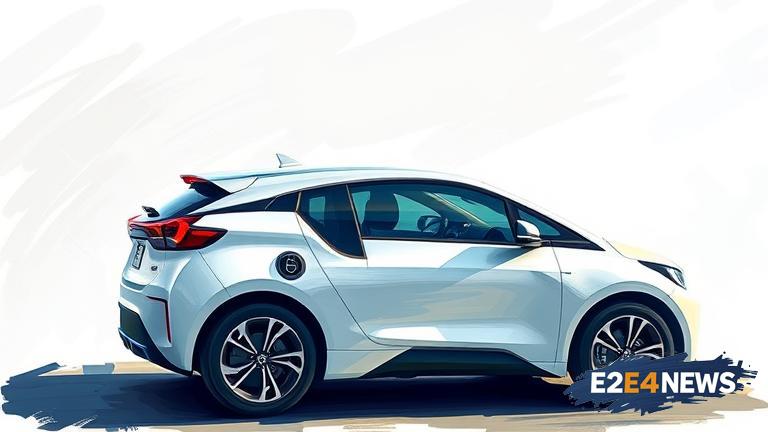The Indian government has announced a comprehensive plan to promote the adoption of electric vehicles (EVs) in the country. The plan includes a range of incentives and initiatives to encourage the use of EVs, including tax breaks, subsidies, and investment in charging infrastructure. The government has set a target of having at least 30% of new vehicle sales be electric by 2030. To achieve this goal, the government will provide subsidies to manufacturers of EVs, as well as to buyers of electric cars and two-wheelers. Additionally, the government will invest in the development of charging infrastructure, including the installation of charging stations along highways and in cities. The plan also includes measures to promote the use of EVs in public transportation, such as buses and taxis. The government has also announced plans to develop a network of EV charging corridors along major highways, which will enable long-distance travel by electric vehicles. Furthermore, the government will provide incentives to companies that invest in EV manufacturing and charging infrastructure. The plan is expected to create new job opportunities in the EV sector and reduce the country’s dependence on fossil fuels. The government has also announced plans to develop a national EV policy, which will provide a framework for the development of the EV industry in the country. The policy will include measures to promote the use of EVs, as well as to address issues related to charging infrastructure, battery recycling, and safety standards. The government has also announced plans to provide training and education programs for workers in the EV sector, to ensure that they have the necessary skills to work with electric vehicles. The plan has been welcomed by the automotive industry, which sees it as a major opportunity for growth and development. However, some experts have raised concerns about the feasibility of the plan, citing the need for significant investment in charging infrastructure and the lack of availability of electric vehicles in the market. Despite these challenges, the government is confident that the plan will be successful and will help to reduce the country’s carbon emissions and improve air quality. The plan is also expected to have a positive impact on the economy, by creating new job opportunities and stimulating investment in the EV sector. Overall, the plan is a major step forward for the adoption of electric vehicles in India and is expected to have a significant impact on the country’s transportation sector.
